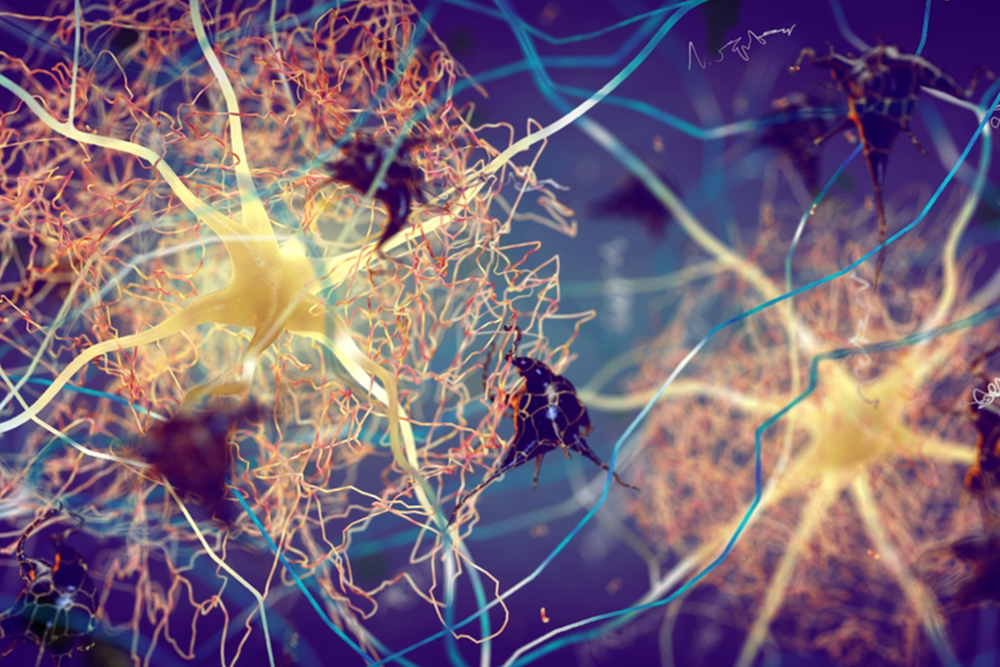2024 Alzheimer’s Report: Rising Cases, Caregiving Strain, and the Urgent Need for Solutions

The 2024 Alzheimer’s Disease Facts and Figures report highlights the significant public health impact of Alzheimer’s disease (AD) in the U.S. An estimated 6.9 million Americans aged 65 and older are living with AD, a number expected to double to 13.8 million by 2060 without medical breakthroughs. Alzheimer’s is the fifth-leading cause of death among older adults and seventh overall.
Alzheimer’s Disease: Understanding Progression, Diagnosis, and the Importance of Early Intervention

Alzheimer’s disease (AD), the most common form of dementia, is marked by progressive memory loss and cognitive decline, with symptoms classified into early, middle, and late stages. Early-stage AD involves mild memory lapses and difficulties in planning, while middle-stage symptoms escalate to speech difficulties, mood fluctuations, and impaired daily functioning.
Alzheimer’s Disease: Integrated Care Essential

Alzheimer’s disease (AD) accounts for 60-80% of dementia cases and brings significant economic burdens, including $305 billion in annual US costs, projected to exceed $1.1 trillion by 2050. AD’s hallmark pathologies—amyloid beta (Aβ) plaques and neurofibrillary tangles (NFTs)—precede cognitive decline by 10-20 years.
Vascular Cognitive Impairment and Dementia: How Prevention Holds the Key

As the second most common cause of dementia after Alzheimer’s disease (AD) in North America and Europe, vascular cognitive impairment and dementia (VCID) accounts for 15-20% of dementia cases, though this prevalence can be higher in developing countries. Mixed dementia, where AD and vascular pathologies coexist, becomes more common with age.
Understanding Vascular Cognitive Impairment and Dementia: Key Pathological Mechanisms

Vascular cognitive impairment and dementia (VCID) is the second most common cause of dementia after Alzheimer’s disease (AD), accounting for approximately 20% of cases. Small vessel disease (cSVD), particularly cerebral small vessel disease, is a key contributor to VCID, characterized by stenosis, ischemic lesions, and impaired cognitive functions like attention and executive control.
Navigating Cultural Diversity in Dementia Care: Insights From a Scoping Review

As global migration continues to rise, the older population in many countries has become increasingly culturally diverse. Although individuals with dementia from these backgrounds may prefer to avoid nursing home placement, those with higher needs and acuity often seek such care.
Palliative Care for Advanced Dementia: An Update on Effectiveness and Evidence Gaps

Dementia is a chronic and progressive neurodegenerative disease that leads to severe cognitive impairment and functional dependence in its advanced stages. Despite the growing need for palliative care for individuals with advanced dementia, traditional palliative approaches have largely focused on patients with cancer. This review updates previous findings to assess the effects of palliative care interventions in advanced dementia.
Rising Dementia Cases Demand Improved Hospital Care: Nursing Interventions Key to Better Outcomes

The global dementia population is rapidly increasing, projected to exceed 75 million by 2030. This growth emphasizes the need to improve healthcare services, particularly in acute hospital settings, where nurses play a crucial role in shaping the experiences of patients with dementia. This review synthesizes evidence on nursing interventions aimed at enhancing care for hospitalized patients with dementia, guiding future intervention development and implementation.
Global Dementia Crisis: 75% of Patients Face Behavioral Symptoms, Highlighting Need for Consistent Care Guidelines

Dementia affects 55 million people globally, with over 75% experiencing behavioral and psychological symptoms of dementia (BPSDs). These symptoms contribute significantly to health, social, and financial burdens, including increased caregiver strain and earlier nursing home admissions. Despite the availability of both nonpharmacologic (eg, music therapy, caregiver training) and pharmacologic (eg, antipsychotics, antidepressants) treatments, there is considerable variation in clinical practice, with nonpharmacologic interventions often underutilized due to barriers like limited time and resources.
Study Identifies APOE4 Homozygosity as a Distinct Genetic Form of Alzheimer’s Disease

Researchers of a study have revealed that individuals with two copies of the APOE4 gene variant are almost certain to develop Alzheimer’s disease if they live long enough, suggesting that this genetic configuration is not just a risk factor but a distinct form of Alzheimer’s disease. Researchers from Spain and the United States found that 95% of people over 65 with two copies of APOE4 had Alzheimer’s disease biomarkers in their cerebrospinal fluid, indicating that APOE4 homozygosity could be considered a genetic form of the disease.

